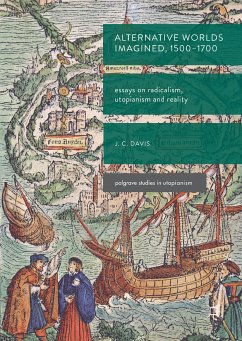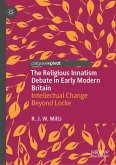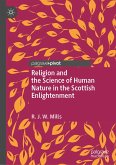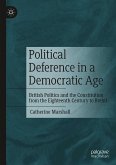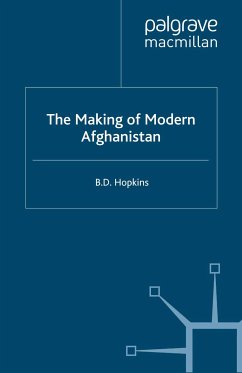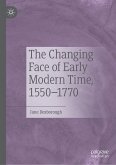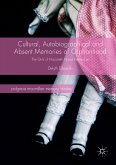This book address the relationship between utopian and radical thought, particularly in the early modern period, and puts forward alternatives approaches to imagined 'realities'. Alternative Worlds Imagined, 1500-1700 explores the nature and meaning of radicalism in a traditional society; the necessity of fiction both in rejecting and constructing the status quo; and the circumstances in which radical and utopian fictions appear to become imperative. In particular, it closely examines non-violence in Gerrard Winstanley's thought; millennialism and utopianism as mutual critiques; form and substance in early modern utopianism/radicalism; Thomas More's utopian theatre of interests; and James Harrington and the political necessity of narrative fiction. This detailed analysis underpins observations about the longer term historical significance and meaning of both radicalism and utopianism.
Dieser Download kann aus rechtlichen Gründen nur mit Rechnungsadresse in A, B, BG, CY, CZ, D, DK, EW, E, FIN, F, GR, HR, H, IRL, I, LT, L, LR, M, NL, PL, P, R, S, SLO, SK ausgeliefert werden.

